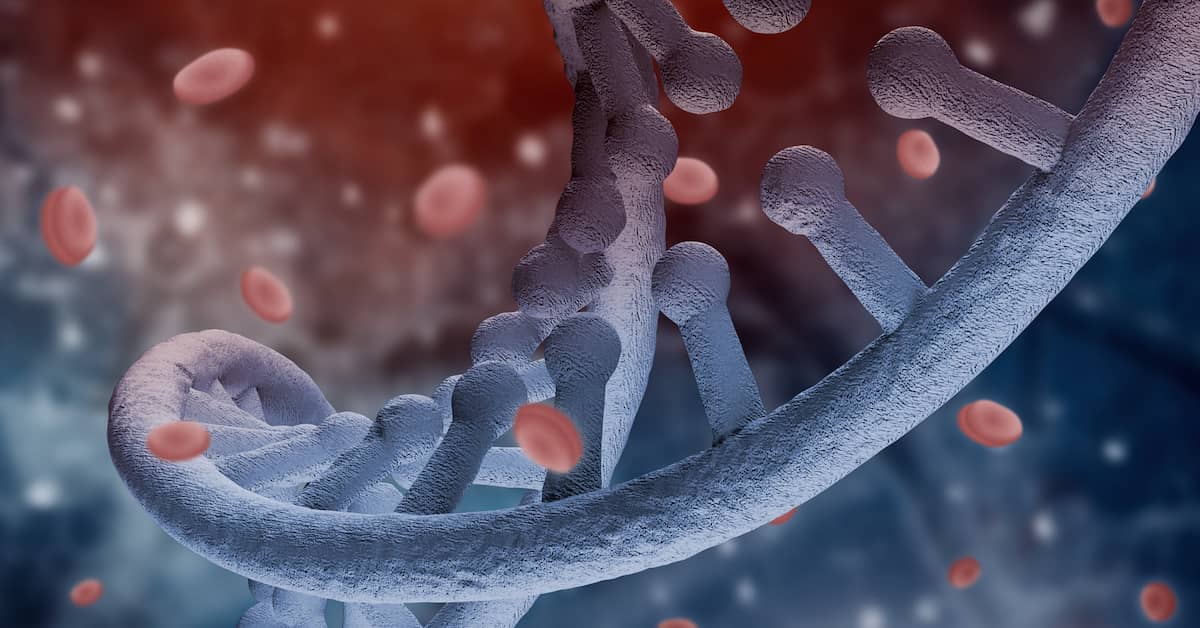
Here’s the remarkable story…
The nutrient that I’m talking about is called spermidine.
Spermidine was first isolated from semen - hence its name - and is a type of compound called a polyamine. Polyamines are present in all living cells and are involved in many cellular processes including cell growth and proliferation, membrane stability and DNA\RNA stabilization.
They protect our cells and genes from radiation, UV rays, toxic chemicals, and other stresses. Additionally, a key function of polyamines such as spermidine is to induce autophagy.
Cellular Housekeeping Keeps You Young
Autophagy is a process that degrades damaged and dysfunctional cellular components and removes or recycles them.Many of the anti-aging effects of spermidine are causally connected to this capacity to induce autophagy, clearing away debris that would otherwise cause harm. But it's a process that decreases with aging, and this decline hastens aging-associated diseases, while its maintenance protects against conditions such as heart disease, neurodegeneration, and cancer. In lab research, improving autophagy extends lifespan.
Spermidine also has antioxidant and anti-inflammatory functions, preserves mitochondrial (energy) function, and improves proteostasis - cellular regulation of protein. Disruption of proteostasis can trigger illnesses such as Alzheimer’s, diabetes, and cancer.
All of this work is of immense value, but the benefits of spermidine get even better.
Strict Dieting not Required
Spermidine has become of particular interest in the anti-aging field because it mimics the effect of calorie restriction.As explained by Dr. Leyuan Liu at Texas A&M University, “Only three interventions—severely cutting the number of calories consumed, restricting the amount of methionine in the diet, and using the drug rapamycin—have been shown to truly prolong the lifespans of vertebrates." However, because there are so many downsides to each of these methods, he believes "spermidine may be a better approach.”
Spermidine was shown to extend lifespan in yeast, worms, and flies, and one study from Japan showed higher polyamine intake from food extended the lifespan of mice.
For the study led by Dr. Liu, researchers gave an oral supplement of spermidine to mice. As a result, they were protected from liver damage and liver cancer, and their lives were prolonged.
"It's a dramatic increase in lifespan…as much as 25 percent,” Dr. Liu said. “In human terms that would mean that instead of living to about 81 years old, the average American could live to be over 100.
"It's still early, but perhaps one day this approach will provide a novel strategy to prolong lifespan..."
Spermidine is also involved in another key aging process.
Regulates DNA Methylation—a Driver of Aging
The regulation of gene expression is reflected in a core process used by every cell in the body called methylation.Since many studies show a close relationship between aging and DNA methylation, it’s seen by many as the best biochemical marker of biological age. This is because changes in DNA methylation tell us how much damage is building up in cells; damage that leads to loss of function and drives diseases of aging.
In January, long-time polyamide researcher Kuniyasu Soda from Jichi Medical University, Japan, explained that there is a close relationship between polyamine metabolism and DNA methylation.
To study this relationship, he used another polyamine called spermine. In the body an enzyme converts spermidine to spermine. After concluding his study, he wrote that “the increased capability of regulation of DNA methylation by spermine is a key of healthy long life of humans.”
Testing spermidine in people is yielding some amazing results.
Grow Almost Six Years Younger
In the first human study, conducted in Europe, researchers regularly assessed the diets of more than 829 participants between the ages of 45 and 84 over two decades. During this time, 341 deaths occurred.As spermidine levels increased, researchers found that the incidence of cancer, cardiovascular diseases and mortality decreased. The researchers concluded by writing, “The difference in mortality risk between the top and bottom third of spermidine intakes was similar to that associated with a 5.7-year younger age.”
The results of this robust study were confirmed by the same researchers in another group of 1,770 healthy men and women aged 39 to 67 years old.
While tissue concentrations of spermidine decline with aging, exceptions to this decline are healthy nonagenarians (people between the ages of 90 and 99) and centenarians, both of whom retain whole-blood concentrations reminiscent of younger, middle-aged individuals.
In a review of spermidine, researchers summed up by writing that “in our view, spermidine is synthesized by our organism in sufficient quantities during youth, but not in old age. Thus, one may argue that, as we age, spermidine evolves to the status of a vitamin, and thus has to be supplemented from external sources.”
So, how can you get more spermidine?
Sources of Spermidine
Spermidine is found in many whole foods including wheat germ, amaranth grain, cauliflower, broccoli, mushrooms, green pepper, grapefruit, shellfish, and aged cheese. A Mediterranean-style diet contains many polyamine-rich foods.Spermidine can also be produced in the gut. This process can be encouraged by eating fermented products like natto, and yogurt containing the polyamine-producing probiotic, Bifidobacterium LKM512.
In addition, spermidine is available as a nutritional supplement.
- https://today.tamu.edu/2017/04/20/say-cheese-spermidine-rich-foods-may-prevent-liver-cancer-
extend-lifespan/ - https://www.ncbi.nlm.nih.gov/labs/pmc/articles/PMC8750749/ Overview of Polyamines as Nutrients for Human Healthy Long Life and Effect of Increased Polyamine Intake on DNA Methylation
- https://academic.oup.com/ajcn/article/108/2/371/5046172?login=false Higher spermidine intake is linked to lower mortality: a prospective population-based study
- https://www.ncbi.nlm.nih.gov/labs/pmc/articles/PMC6287690/ Spermidine: a physiological autophagy inducer acting as an anti-aging vitamin in humans?
